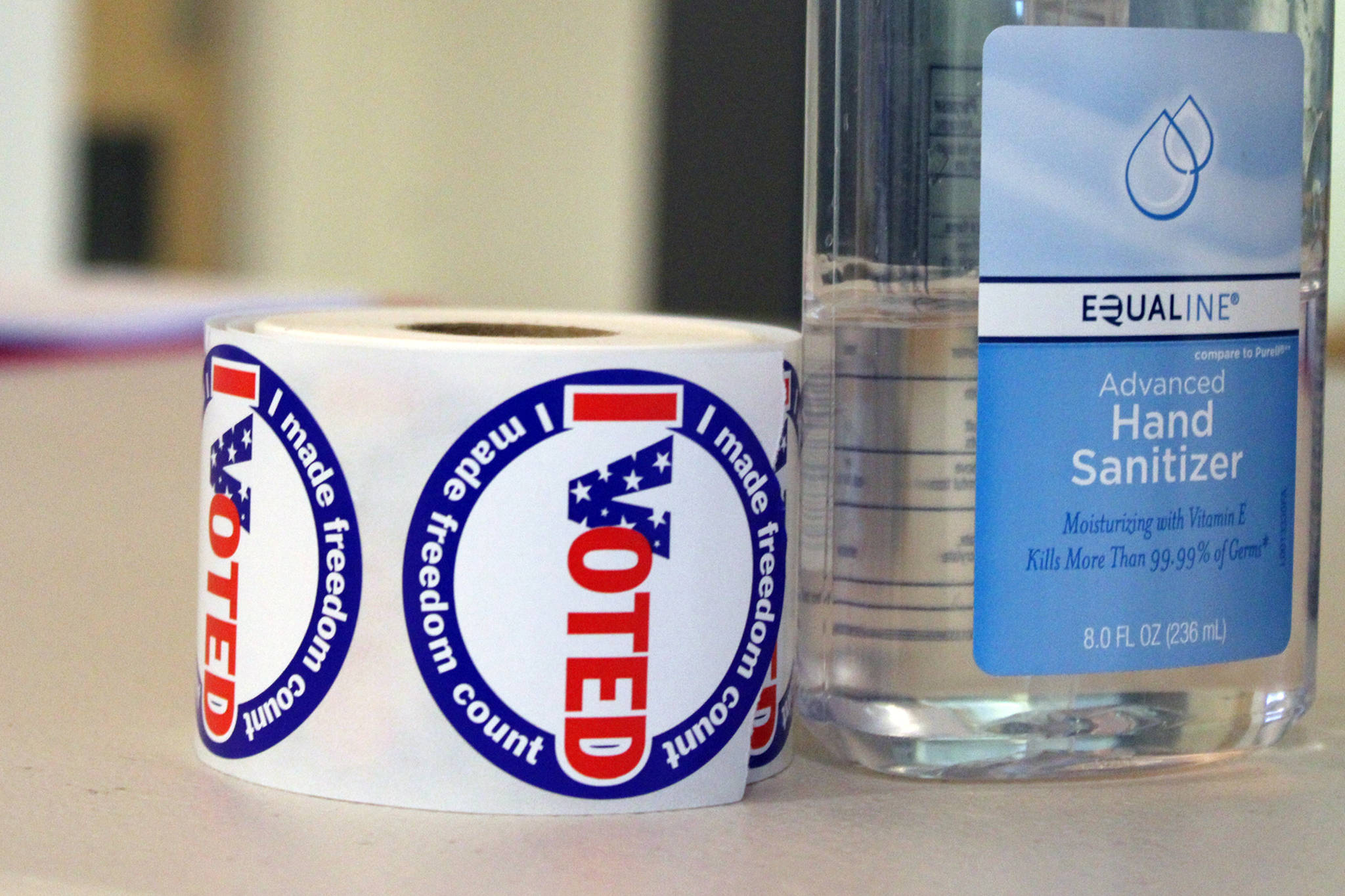By Rich Moniak
Since January, legislators across the country have submitted hundreds of proposals to modify state election laws. There are eight in Alaska that have been referred to legislative committees. In Congress, Democrats seek to pass the “For the People Act,” which David Graham at The Atlantic insightfully called a “pile-up of Democratic panics new and old.”
I’m not going to get into the details of any particular proposal. Or wade through the misinformation being peddled by both sides following the passage of Georgia’s new election law. Because even though the sponsors and supporters of every one of these bills claim our democracy will be strengthened by their passage, none of them take on the obnoxious problem of America’s never-ending campaigns.
In October 2015, then-Vice President Joe Biden decided it was too late for him to enter the race for president. The first actual contest for the Democratic party nomination was 109 days away. The election itself was more than a year out. But he was already at a disadvantage because the two main contenders had been in campaign mode for five months or more.
Unlike presidential campaigns, running for statewide office isn’t subjected to multistate primaries and caucuses spread out over five months. There isn’t the two-month buildup to the televised spectacle of each party’s nominating convention. Campaigns should be shorter.
But they aren’t.
Case in point. More than 500 days before the 2022 primary election in Alaska, Kelly Tshibaka formerly declared her candidacy for the U.S. Senate seat held by Sen. Lisa Murkowski.
Two weeks ago, Tshibaka penned an opinion piece claiming that since Murkowski was appointed to the Senate in 2002, “oil and gas jobs have died, our education scores have plummeted and our crime rates have soared.”
In the real world, Murkowski has been a staunch defender of oil exploration and extraction in Alaska. And the quality of education and crime rates are influenced way more by the state’s economy, budgets, policies and laws than anything Congress does.
But if Tshibaka isn’t concerned with facts and substance, it may be because she’s following a tradition in which none of that matters. The main thing is by getting in the race early, she’ll have a head start on raising money for similarly styled mailers and ads, attending fundraising events across the state, and paying a manager and staff to support the whole effort.
How much money will she need? Judging from last year’s race between Sen. Dan Sullivan and Dr. Al Gross, the total cost of running a competitive Senate campaign in Alaska could run as high as $15 million. In South Carolina, the Democratic challenger spent $130 million.
But most of that money wouldn’t be needed if campaigns were limited to three months or less.
At 78 days, the 2015 national campaign for Canada’s House of Commons was the longest in the nation’s history. The candidates of the three main parties competing for its 338 seats spent a combined total of only $47 million.
The U.S., not Canada, is the outlier here. No other major democracy tortures its people with talk about next election so soon after the last one ended.
Another shortcoming of our long campaign season is that it panders to the whims of undecided voters, few of whom invest the effort to stay politically informed between elections. And that unnecessarily subjects everyone else to the mix of candidate talking points and mudslinging that goes on for weeks leading up to Election Day.
Few Americans benefit from the enormous waste of time, money and human resources that go into non-stop campaign messaging. Advertising agencies make a bundle. The television news media and national newspapers soak it up. And the big donors who support so much of it gain an outsized influence in the nation’s laws.
But most of us just want to go to the polls and get it over with.
The freedom to vote is vital to our democracy. But it’s only a preface to ensuring our government reflects the will of the people. That work begins after the votes are counted and our representatives are sworn in. And they’d collectively do a better job for our state and country if the rules limited the time they can spend raising money and chasing votes.
• Rich Moniak is a Juneau resident and retired civil engineer with more than 25 years of experience working in the public sector.

